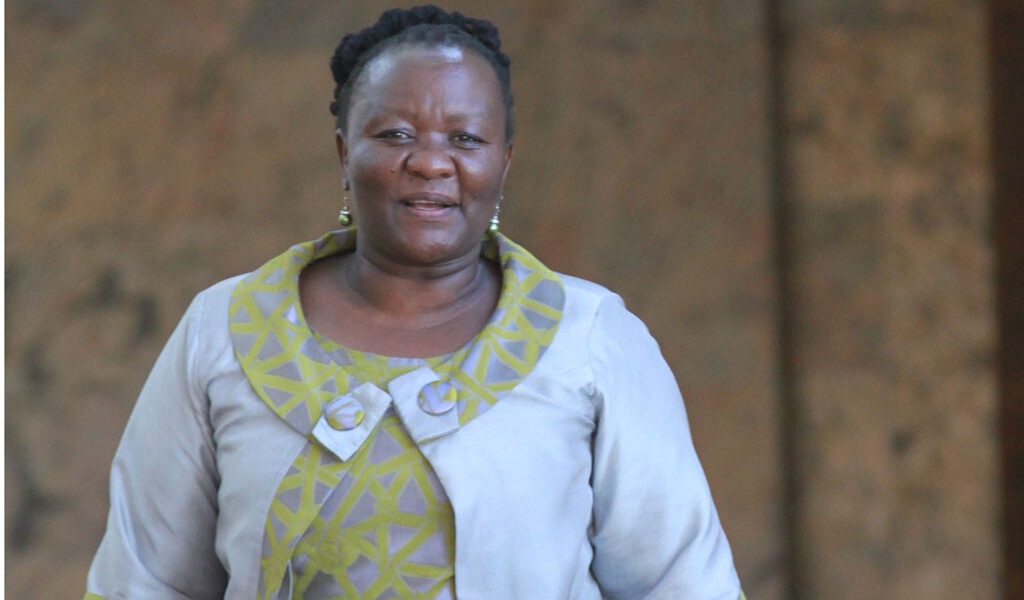- Remains cagey with information on family planning
- Ministry report states a number of missed opportunities to educate and provide patients with the necessary information
- Gov’t not taking up assistance from development partners?
QUEEN MOSARWE
Findings from a recent report by the Ministry of Health; 2016 Botswana Investment Case on Investment Towards Effective HIV Prevention, Health System Strengthening & The End of AIDS have revealed that the government has been failing in their mandate to provide family planning commodities and public awareness, a challenge that has arguably resulted in unprecedented number of unwanted pregnancies, teenage pregnancies and has led many to perform life threatening back street abortions.
According to the report, 50 per cent of women in Ante-Natal Clinic (ANC) cited their pregnancies to having been not planned for despite them not knowing their HIV status.
On the other hand, reports from Princess Marina Hospital indicate that 1817 abortions were recorded since January to October 2016; 1304 being incomplete abortions, 130 threatened abortions, 141 septic abortions, 81 missed, 62 complete while 99 were inevitable.
Furthermore, by May 2016, 407 cases of teenage pregnancies were recorded by the Ministry of Education in the past year. The figures were recorded at a time when Botswana adopted a policy shift from abstinence to Birth Control education- education reported to also having reduced over the years.
Following the report 2016 Botswana Investment Case on Investment Towards Effective HIV Prevention, Health System Strengthening & The End of AIDS, and the grim figures recorded over the years, the Ministry of Health and Wellness remains cagey on information surrounding family planning commodities as well as their procurement . This surfaced after this publication learnt, through a development partner that out of the 16 family planning commodities that UNFPA usually assists countries in the East and Southern Africa (ESA) region with , Botswana requested for the provision of only two. UNFPA revealed that Botswana requested 450 000 female condoms and 2000 jadelle implants for the year 2016. UNFPA assists ESA countries in their efforts to achieve universal access to sexual and reproductive care and reduce maternal mortality in the region amongst its other mandates.
The report states that the failure by government to provide alternative commodities has since led to over reliance on male condoms. Furthermore, the report states that while this is the case, most clinics providing ART did not provide other methods of contraception and that family planning was scant.
“There are a number of missed opportunities to educate and provide patients with the necessary information they need to make the most appropriate reproductive choices for themselves and their families, ” the report reads in part.
Questions sent to the Ministry of Health on the 4th November for a story that was eventually published without their response (despite several follow ups) , were answered a month later on the 9th December by Ministry Public Relations Officer Doreen Motshegwa who avoided the questions asked. The ministry’s spokesperson resorted instead to giving short unclear answers of the matters raised. Inquiring from the ministry on their choice of the two family planning commodities, they answered briefly ; “ we requested what was not in stock.” Asked on the current rate use of the female condom as past reports had indicate that it was unpopular considering that almost half a million had been procured, Motshegwa answered “ We encourage the use of female condoms and male condoms but the choice remains with the user,” explaining however that the male condom was generally the most used.
Further asked if, from their two commodities request from UNFPA , the government was therefore sufficient with other commodities , the ministry answered ; “ Government as the main entity offering health services to the nation considers health partners efforts in providing quality health services. We usually request different items/services from different partners.”
While the ministry’ response suggests that things are in order and under control, this is contrary to what Minister of Health Dorcus Makgato recently said when presenting the ministry’s NDP 11 budget proposal to parliament. She indicated that the ministry was challenged financially amongst many other challenges including mismatch between expenditure on health and health outcomes and inefficiencies in the health sector. To that end, Makgato requested a total of P9 067 000 000.00 for projects she said were aimed at strengthening health prevention interventions and improving access to quality health care services.

